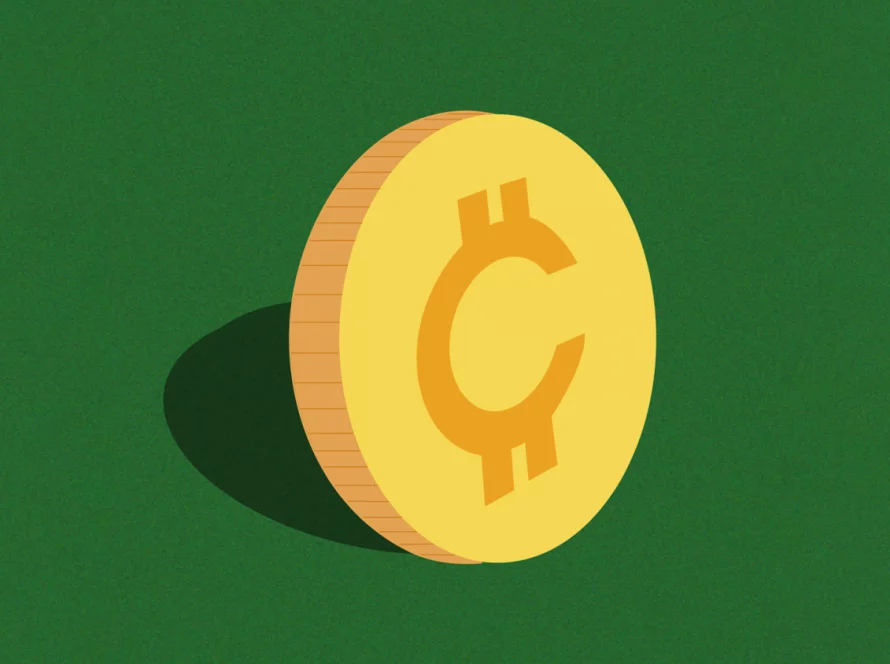If you’re in need of money for big purchases, home improvements or debt consolidation, a personal loan may be right for you. But before you apply, it’s important to understand what these loans are and how they work. This article explains the basics, as well as how to choose the best one for you. We recommend that you kom hit to find the best deals on personal loans.
Banks and credit unions
If you are looking for a personal loan, banks and credit unions are often a good source. They usually offer competitive rates, lower fees and easier loan applications than traditional online lenders.
They also typically have fewer fees for banking errors and are more likely to reimburse ATM fees when you use an out-of-network ATM. They can be a good option for borrowers who have low credit scores and may not qualify for loans from other sources.
Banks and credit unions are federally insured by the FDIC and NCUA, respectively, so your money is protected up to $250,000 per depositor.
Unlike for-profit banks, credit unions are not-for-profit institutions owned and controlled by their members. As a result, they are focused on the needs of their members and not on profit.
They focus on educating their members on financial matters and providing personalized service. They also offer better rates on savings products and lower fees overall.
Online lenders
Online lenders offer a fast and convenient way to borrow money. They process applications online and can deposit funds into your bank account within a few days after approval.
They also offer loans for a variety of purposes, from debt consolidation to home improvements. They typically offer better rates and terms than banks, and can be a good option for borrowers who have bad credit or poor payment history.
Some online lenders may also report your loan payments to “major credit bureaus,” which can help build your credit history and improve your credit score. But these services can be expensive, so make sure to shop around before agreeing to them.
To find a lender, look for one that offers competitive interest rates, low fees and a flexible repayment plan. Check to see if the company is registered in your state, and beware of unscrupulous websites that promise to approve you for a loan even with poor credit.
Bad credit loans
Bad credit loans are a popular source of personal loans, especially for borrowers with a poor or no credit history. They are often more expensive than traditional loans, but they have higher approval rates and strict repayment terms.
They can also be a dangerous source of personal loans, as unscrupulous lenders may take advantage of your financial situation. This is why it’s important to do your research before handing over your personal information or banking details.
Another common type of bad credit loan is a secured one, which uses collateral like your vehicle or home as security for the loan. However, you need to be careful if you choose to get a secured bad credit loan because they come with high interest rates.
There are a number of online lending companies that offer bad credit loans, but it’s important to do your research before deciding which one is best for you. Look for a company that offers a secure and fast application process, as well as a wide selection of loan options with low interest rates and flexible terms.
Alternatives
Whether you need a quick cash injection or are looking for a larger loan, alternatives to banks and credit unions may be the best option. These non-traditional financial services providers offer a range of products and services that are geared towards specific needs, so it’s important to choose the right one for you.
Alternatively, you can use a home equity line of credit (HELOC). This type of alternative lender is similar to a bank, but it allows you to borrow as much money as you need on an unsecured basis, so you can pay for anything from your car to renovations without having to apply for a new loan each time.
Other lending alternatives include peer-to-peer loans and borrowing against property. These are a great option if you have strong credit and can demonstrate that you’re likely to be able to make your repayments on time and in full. However, they are also more expensive than a traditional personal loan, so it’s important to compare the different options before making your decision.


